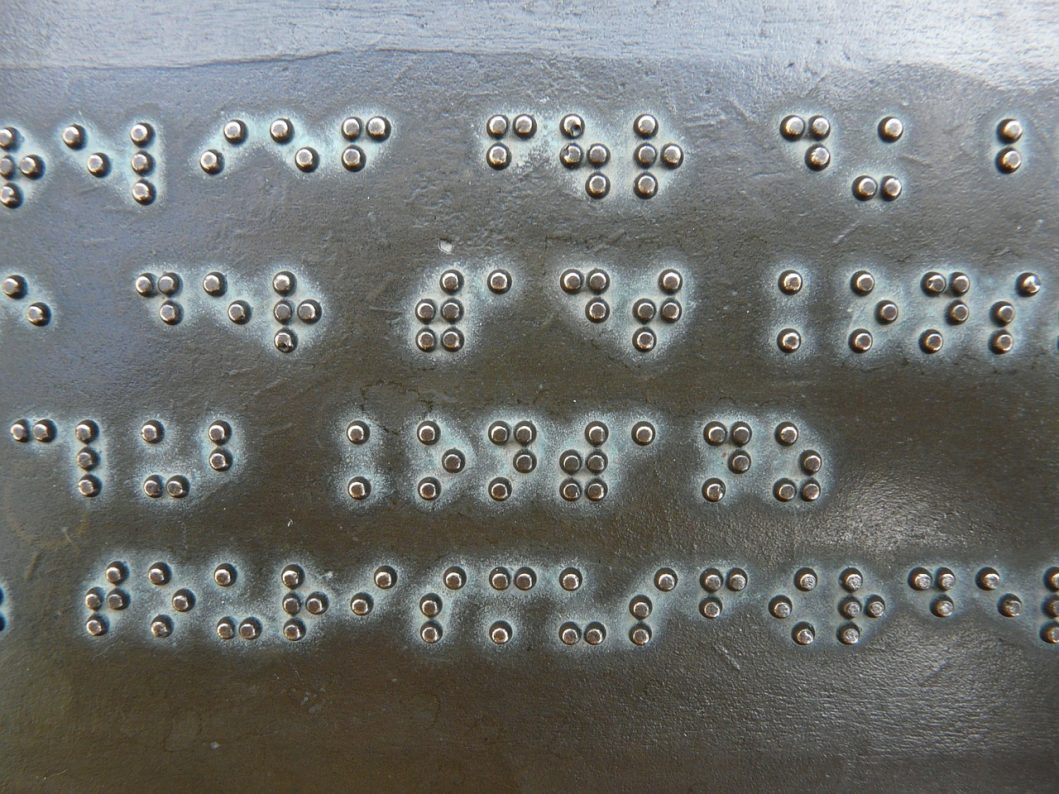As the World Intellectual Property Organization (WIPO) held the 37th session of its Standing Committee on Copyright and Related Rights (SCCR), Maureen Duffy gave the following statement on behalf of the International Authors Forum (IAF). WIPO is a special agency of the United Nations dealing with copyright at an international level. The SCCR includes government representatives of the 191 UN member states.
The International Authors Forum represents authors from the text, screenwriting and visual arts sectors and their interests in copyright. Our member organisations represent well over 700,000 authors worldwide.
Earlier this year, as members of the Board of the Accessible Books Consortium, we had the opportunity to hear from the developers of systems for accessible publishing. One particular testimony from a user stood out, they had said:
“I don’t think you truly get just how rare this kind of supportive and empowering help truly is…”
Authors feel a strong connection to the people who engage with their creation, to ensure that works are accessible the blind, visually impaired and otherwise print disabled, is important as a matter of humanity and social development. And of course we want to welcome the largest potential audience for our work.
We welcome the scoping study on access to copyright-protected works by people with print disabilities and the work that has been done to help us understand what can be done next on this issue.
IAF has worked with the Accessible Books Consortium to develop a guide to publishing Accessible ebooks for self-publishing authors, thus enabling a greatly increased pool of available works.
But IAF respectfully submits that before conflating the issue of other disabilities with educational exceptions, a detailed and expert examination of those individual and group disabilities to identify their exact nature and the best way to deal with their respective needs, for example the needs of the hearing impaired as distinct from those for the intellectually challenged, is essential. We do not believe that any blanket exception ‘one size fits all’ approach will benefit all levels and varieties of education.
We therefore endorse all efforts to ensure more works are accessible to the blind, visually impaired and otherwise print disabled. This is why we have always urged our members to encourage their governments to sign up to the Marrakesh Treaty to end the book famine for this community.

